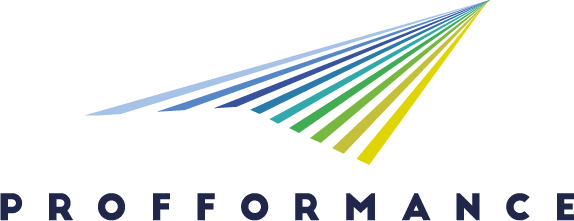IPC
Course “Interprofessional Casework” – a cooperation of the occupational therapy and physiotherapy degree programmes
- 01 - Education
- 09 – Health and welfare
1. Student-centered course design
The interprofessional cooperation of different professional groups in health care is imperative, to ensure a holistic understanding and treatment of patients. The collaboration of the occupational therapy and physiotherapy professions is therefore an important component in practice. Through the coordination of expertise, but also through the joint treatment, patients benefit from a high quality of therapy services and the health care system benefits from greater efficiency. For this reason, we felt it was a necessity to provide this course in an interprofessional way. Therefore, the curriculum includes the course "Interdisciplinary Casework", in the 6th semester both the occupational therapy and physiotherapy degree programs. The course aims on gaining an understanding of the therapeutic approaches from an interdisciplinary perspective avoid double or diverging treatments. Prior to the start of the course interprofessional literature was sent out to the 82 participant students to allow them to already engage with the content of the topic. After a plenary introduction, the students were divided into mixed professional groups of about 7 people to share their experiences of interprofessional collaborations during their prior professional internships. For this purpose, the lecturers prepared questions regarding the interprofessional collaboration to design the reflection process in the small groups. In a further step, the students worked on two case studies together and reflect on them from an interprofessional perspective. The questions for the second round of discussion encouraged the students to talk about how an optimal interprofessional collaboration could look like. Further predefined topics of discussion engaged students in reflecting on the benefits of interprofessional collaboration for patients, professionals and economy. The first two rounds of discussion in the small groups provided space for social interaction. Since the groups consisted of maximal 7 persons, each student had the opportunity to speak several times. In the final step, the plenary session was designed to discuss which structures and framework conditions were necessary in educational institutions and the health care system in Austria in order to be able to guarantee future successful interdisciplinary collaboration.
Methodology
Tools, equipment, technology used
Outcomes and outputs, main results
Lessons learnt
Adaptability and sustainability of the best practice (for other institutions)
Promotion of best practice
Scope and impact
- Course/department level
6.1 Digitalization
- Digital skills development and assessment both general and profession-related, embedded in course design, in teaching and assessment
Reasoning: The fact that the course took place exclusively online resulted in the exclusive use of digital media. In particular we want to highlight the well received use of Padlet as a no frills easy entry for students to visualize in digital groups real time.
6.2 Internationalization
- NOT RELEVANT
Reasoning:
6.3 Inclusion and diversity, universal design
- NOT RELEVANT
Reasoning:
6.4 Sustainability
- NOT RELEVANT
- Environmental attitude, skill development and assessment either general or profession-related
- Sustainability aspects are considered in all phases of the learning practice - "hidden curriculum"
Reasoning:

